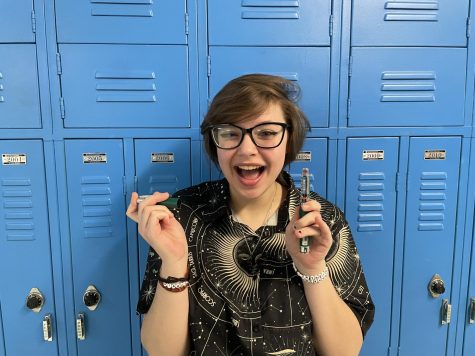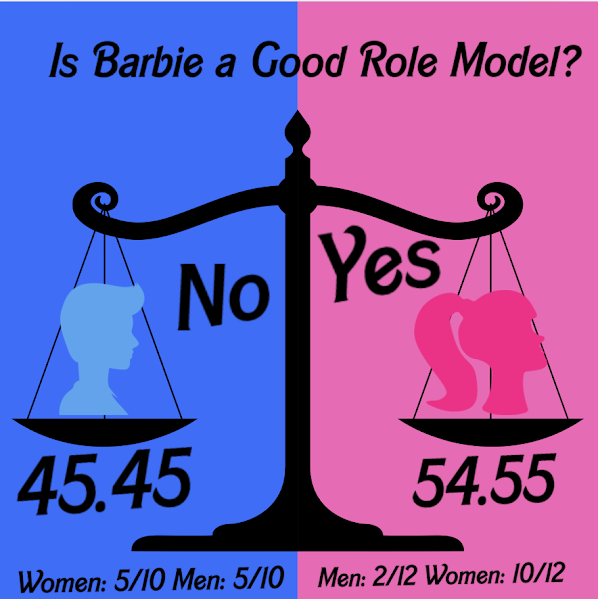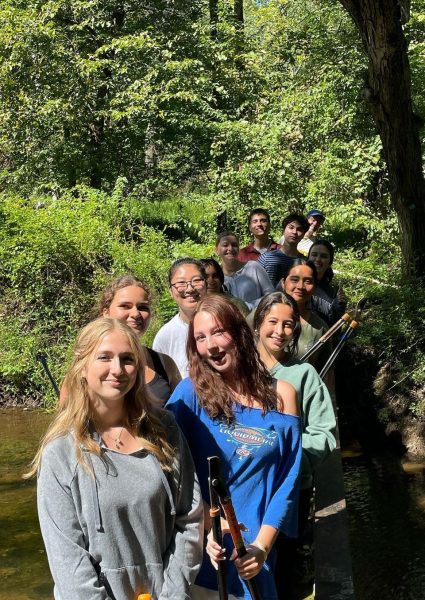Educational Grouping: Discouraging or Encouraging? (Discouraging)
Grouping in education based on perceived ability harms all students involved. “Tracking,” or separating students based on academic ability into groups for some or all subjects, disassociates students from their peers and impairs their mental health and true potential.
Once students are grouped on a specific “track,” they often stay there for their entire school career. These tracks usually come in the form of “Gifted and Talented,” versus remedial classes in elementary and middle school into honors versus general level in high school. Students become painfully aware which the advanced class is. Their teachers and parents believe these labels, as well.
Teachers do not expect huge amounts of progress and success for lower labeled and separated kids, do not push them and thus incite a feedback loop of negative consequences and personal image for young minds. If they have been told their entire lives that they are not expected to achieve, they will not achieve.
Homogeneous grouping (tracking) pigeonholes students with preconceived notions. This ignores any extenuating circumstances and allows students to fall through the cracks and/or suffer anxiety. This does not increase success under pressure with rigor, but simply breeds opportunities for truly bright students to either be underestimated or burn out before they even reach college.
Students who dare to step out of their tracks that have been set since elementary school find themselves struggling because they were never given the tools to adapt, not because of intellectual limitations. The blame placed on the student is disproportionate because it is not their job to know what they have never been taught.
Homogeneous grouping also disproportionately affects lower income students and minority students. These students have to prove themselves instead of receiving an education.
With grouping, students do not learn to interact with a variety of individuals with different personalities and work styles. In the workforce and real world, people work with and flourish because of each other, not because of separation.
Successful management comes from recognizing individual strengths and weaknesses and utilizing them in tandem, not a blanket work environment based on arbitrary ability standards isolating true potential for the individual and greater good.
Mixed level classes teach students to work with varied groups of peers and teachers instruct the students, not teach the curriculum whereas students’ capacity for learning becomes confused with their pace of learning with the tracked system.
The point of education is to instruct and prepare, not ostracize and limit young minds before they even leave high school. Heterogeneous grouping is the future if we want education to truly embody progress and success.










